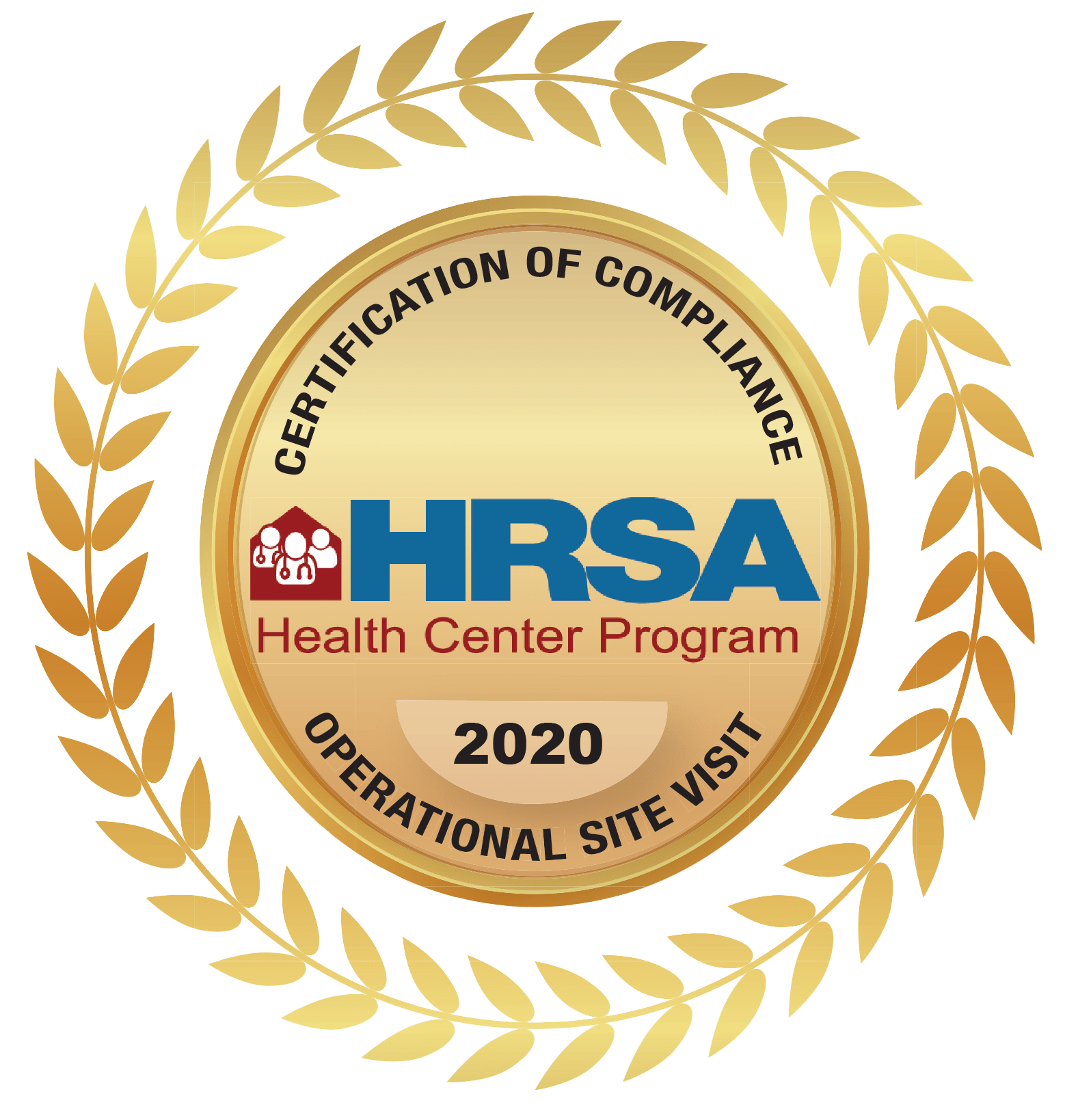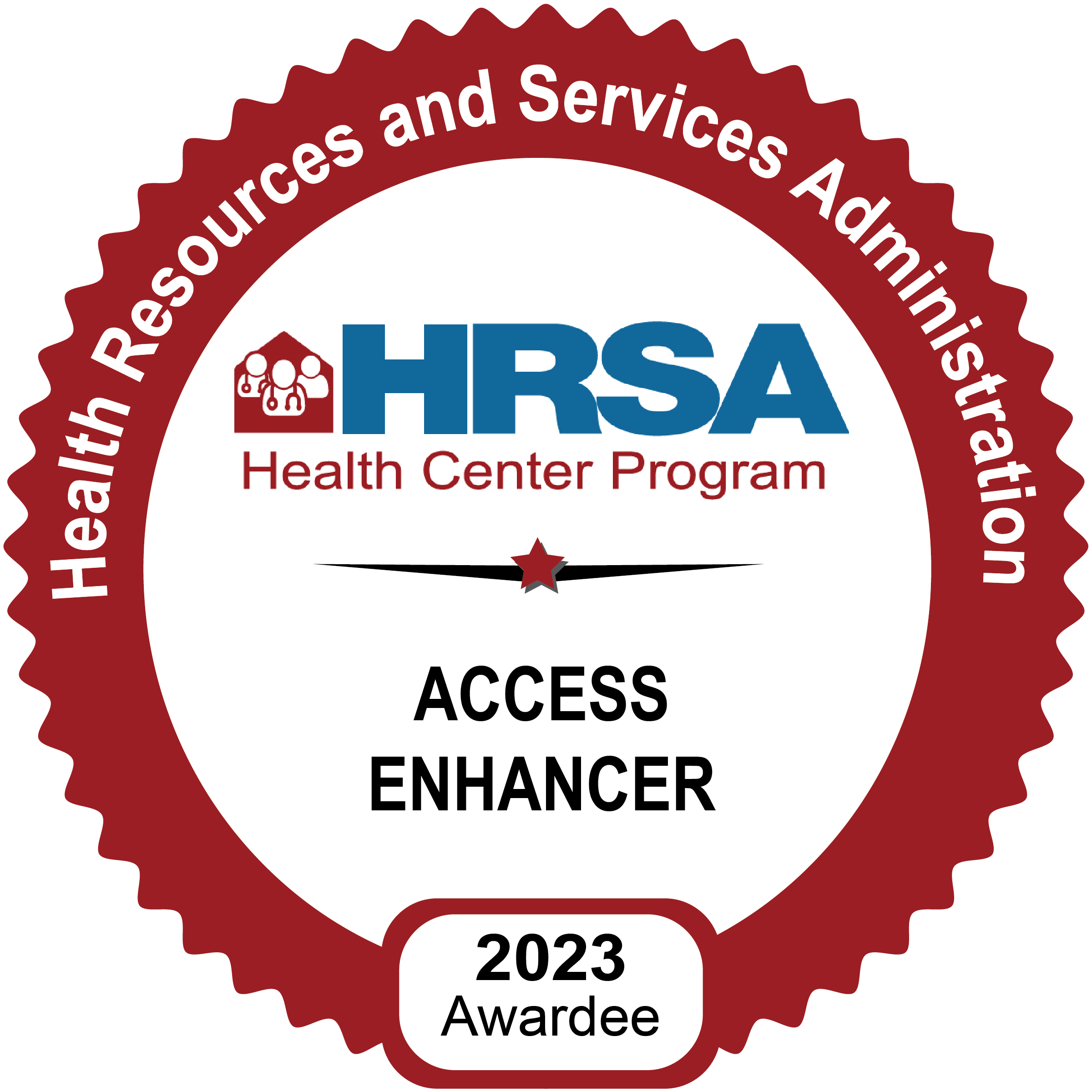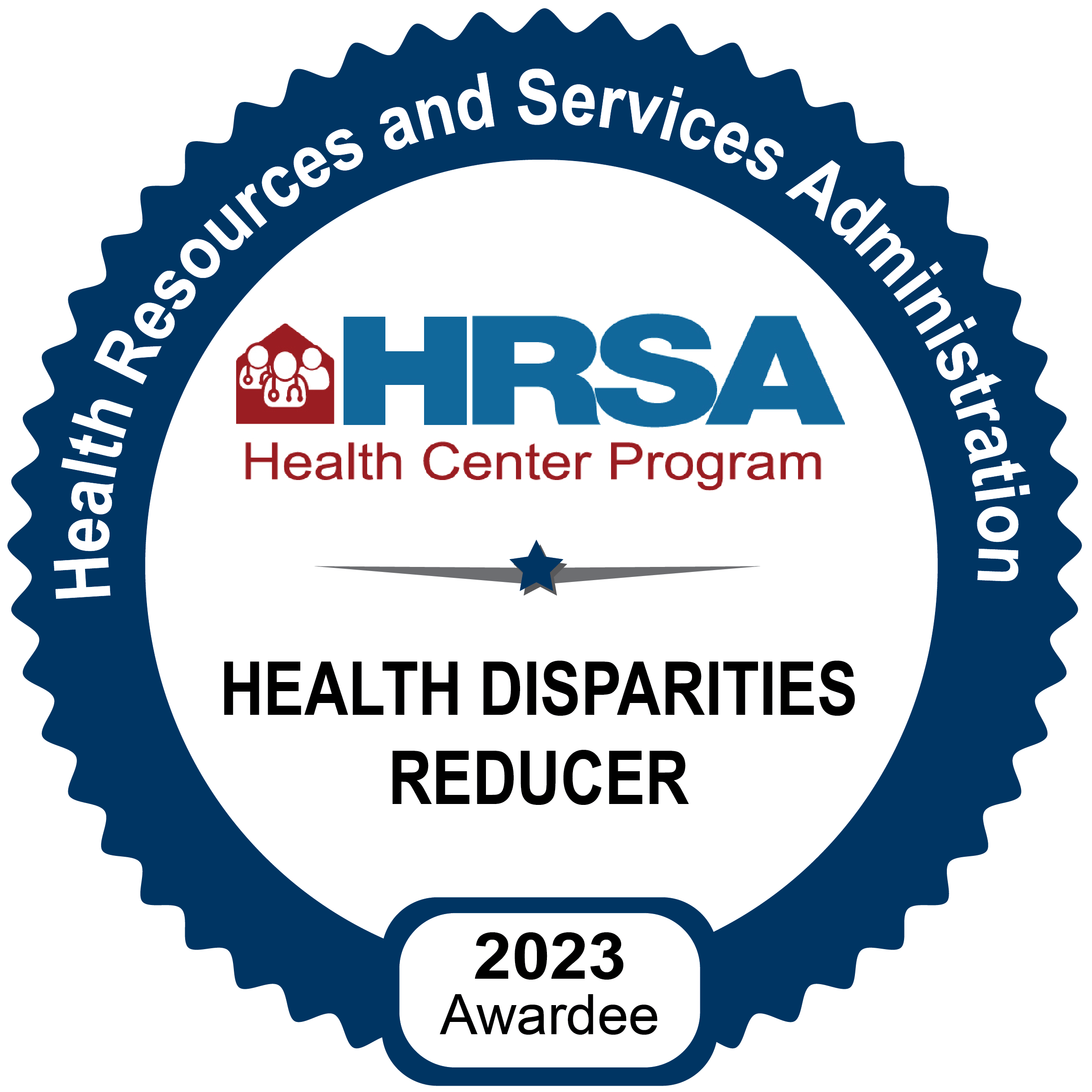Cesar Chavez was born on March 31st 1927. His family lost their homestead after the Great Depression. He attended approximately 64 schools, as he migrated with his family to engage in farm work. After serving in the US Navy, he returned to California to begin his work in advocating for this community. His primary interest was improving farm worker wages and working conditions.
He was able to mobilize farm workers by following the lead of Dr. Martin Luther King Jr. He did so by encouraging farm workers to speak up for themselves, to share their concerns, and do so in a non-violent manner. In the height of his efforts he was able to harness support of 14 million Americans to participate in a grape boycott.
By participating in discussions in farm worker communities, he was aware of the need for improved education, health care, and housing. His efforts were successful in addressing wages and working conditions for farm workers. He advised communities to advocate for a better quality of life at the local, state, and national levels. Cesar Chavez’s work inspired others to advocate for farm workers in their own communities.
Cesar Chavez died in his sleep on April 23, 1993. President Bill Clinton posthumously awarded Cesar Chavez the medal of freedom in 1994. Cesar Chavez Day was declared a national holiday in 2014 by President Barack Obama.
To this day, in pursuit of social change, many communities look towards Cesar Chavez’s example of leadership. In 1976, Valley-Wide Health Systems opened its doors and began receiving farm workers for care. Then, in 1982, Valley-Wide secured federal funding to insure health care to the farm workers in its service area. The following year, Valley-Wide took over administration of the Migrant Health Center in Center, CO, and received direct federal funding for the center the following year. Finally, in 1996, Valley-Wide relocated the Migrant Health Clinic to a new building, and re-opened it as the Cesar E. Chavez Family Medical Center.
Valley-Wide’s outreach and enrollment efforts introduce or re-introduce seasonal and migrant farm workers to our range of medical and dental services. Upon entry, farm workers receive high quality care in a compassionate environment, which extends to all its patients. Prolonged utilization of services has increased the health and financial literacy of farm worker patients. Valley-Wide has helped this population to become informed and efficient users of health care services. These efforts have advanced the long- term goal of reducing health disparities in the farm worker population.
Over the years, Valley-Wide has proven to be a champion in providing a culturally appropriate and relevant response to farm worker health care needs. Even though there is still work to be done, Valley-Wide will face all challenges as they present themselves.
Now, we face a new challenge – the COVID-19 outbreak. Be safe and follow the lead of Cesar Chavez:
“Si se puede!” (Yes, we can!)
Adelante!
Mitch Garcia
Former Staff/Board Member










